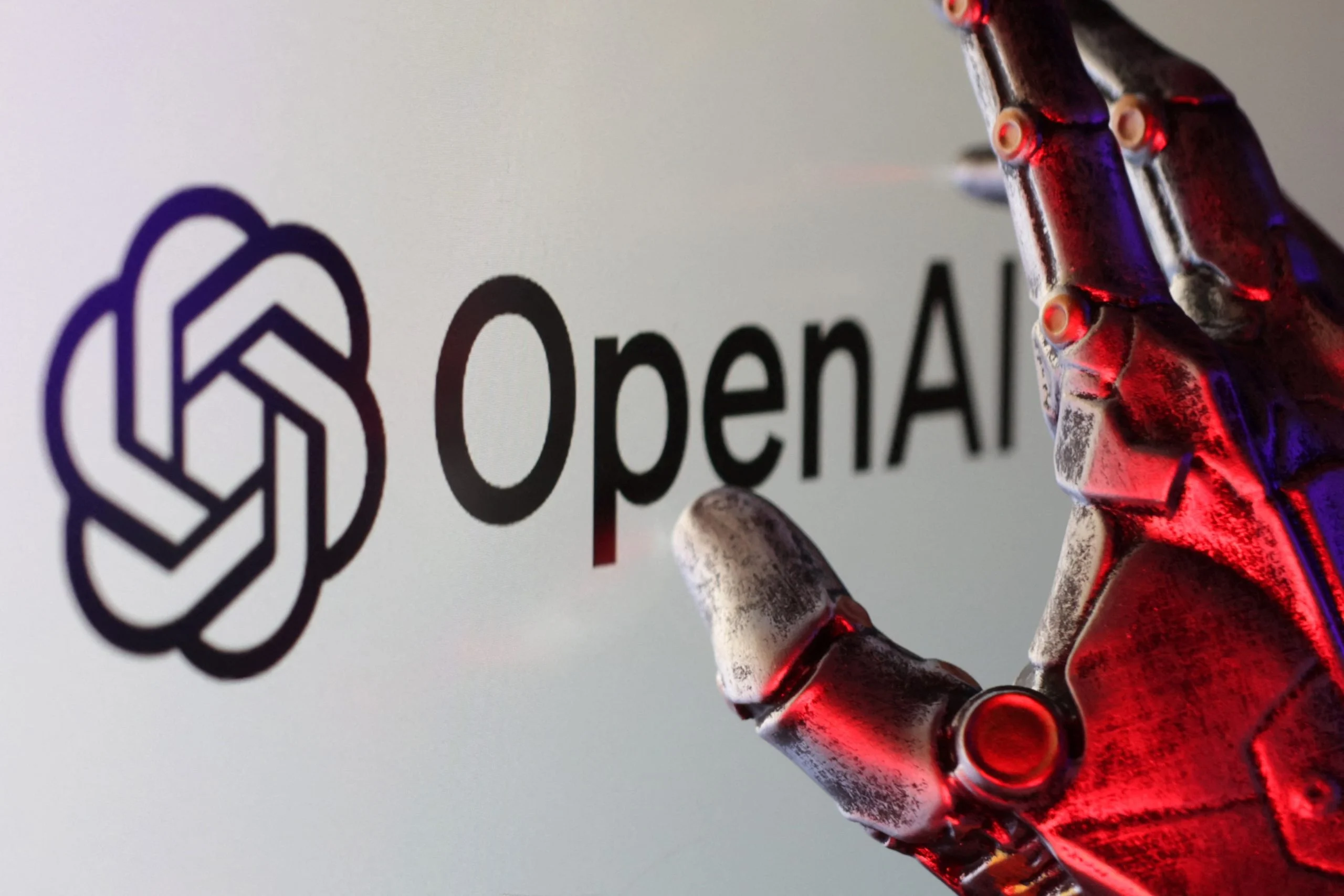Artificial Intelligence:
Image Courtesy: Google
Blog Credit: Mr. Gaurav Masih
Artificial Intelligence (AI) is expected to play a significant role in the future of businesses, by providing intelligent solutions to streamline operations, improve customer experience and drive innovation. Here are some of the key areas where AI is likely to have an impact:
- Automation of routine tasks: AI-powered automation can help businesses automate repetitive tasks and free up employees’ time for more strategic and creative work.
- Customer experience: AI-powered chatbots, personalized recommendations, and other AI-powered applications can help businesses improve customer engagement and satisfaction.
- Predictive analytics: AI algorithms can analyze large amounts of data to make predictions about customer behavior and business trends, providing insights to support decision-making.
- Supply chain optimization: AI can help businesses optimize their supply chain operations, reducing costs and increasing efficiency.
- Fraud detection and prevention: AI algorithms can help detect and prevent fraud in real-time, improving security and reducing risk.
Overall, AI has the potential to revolutionize the way businesses operate and compete, by providing intelligent solutions that can help organizations be more efficient, effective, and innovative.
- Personalization and recommendation systems: AI can analyze customer data to provide highly personalized experiences and product recommendations, leading to increased customer loyalty and sales.
- Sales and marketing: AI can help businesses with lead generation, customer segmentation, and targeted advertising, leading to increased efficiency and effectiveness in sales and marketing efforts.
- Human resources: AI can assist with tasks such as recruitment, talent management, and performance evaluation, helping HR departments be more efficient and effective.
- Healthcare: AI has the potential to revolutionize the healthcare industry, with applications such as medical diagnosis, treatment planning, and drug discovery.
- Financial services: AI can help financial institutions with tasks such as credit scoring, fraud detection, and financial planning, improving efficiency and reducing risk.
It’s important to note that AI is still in its early stages, and its impact on businesses will continue to evolve as the technology advances. Business leaders need to be proactive in exploring and adopting AI solutions, while also being mindful of the ethical and legal implications of the technology.
Of course, here’s some additional information about AI in business:
- Predictive maintenance: AI can help businesses predict equipment failures and perform preventative maintenance, reducing downtime and saving costs.
- Quality control: AI algorithms can be used to inspect products and materials, improving accuracy and reducing the likelihood of defects and errors.
- Cybersecurity: AI can be used to detect and respond to cyber threats, helping organizations be more secure and resilient.
- Energy management: AI can help organizations optimize their energy usage and reduce costs, through applications such as demand forecasting and energy efficiency optimization.
- Retail: AI can assist retailers with tasks such as inventory management, pricing optimization, and supply chain optimization, helping them be more efficient and effective.
It’s important to understand that AI has the potential to bring significant benefits to businesses, but also raises important ethical and social concerns. Organizations need to be proactive in considering the impact of AI on their operations and on society as a whole, and be transparent about their use of the technology.
- Chatbots and virtual assistants: AI-powered chatbots and virtual assistants can provide 24/7 customer support, helping organizations be more responsive to customer needs.
- Language processing: AI algorithms can process and understand natural language, making it possible for organizations to analyze large amounts of unstructured data, such as customer feedback, social media posts, and customer service interactions.
- Image and video analysis: AI can be used to analyze and understand images and videos, with applications such as video surveillance, object recognition, and image-based product recommendations.
- Predictive modeling: AI algorithms can be used to build predictive models, allowing organizations to make informed decisions based on data-driven insights.
- Augmented reality and virtual reality: AI has the potential to revolutionize the way we interact with technology, through the use of augmented and virtual reality, making it possible for organizations to create immersive experiences for their customers.
It’s important to keep in mind that AI is an evolving technology, and its impact on businesses will continue to change as the technology advances. Organizations need to stay informed about the latest developments in AI, and be proactive in exploring and adopting AI solutions that can help them be more efficient, effective, and innovative.
- Environmental sustainability: AI can be used to improve environmental sustainability, by optimizing energy usage, reducing waste, and predicting and preventing environmental incidents.
- Human augmentation: AI can be used to enhance human capabilities, by providing tools and technologies that allow individuals to be more productive and creative.
- Legal and ethical considerations: AI raises important legal and ethical considerations, such as data privacy, algorithmic bias, and the impact of AI on jobs and the workforce. Organizations need to be mindful of these considerations and proactively address them as they adopt AI technologies.
- Talent acquisition and development: Organizations will need to invest in AI talent and skills development to effectively leverage the technology and stay ahead of the curve.
- Collaboration between humans and AI: AI has the potential to significantly enhance human capabilities, but also raises important questions about the role of humans in the workplace of the future. Organizations need to consider how they will create collaborative environments that leverage the strengths of both humans and AI.
It’s important to understand that AI has the potential to bring significant benefits to businesses, but also raises important ethical, legal, and social considerations. Organizations need to be proactive in considering the impact of AI on their operations and on society as a whole, and be transparent about their use of the technology.
Blog By: Gaurav Masih

06
FebArtificial Intelligence
Feb 06, 2023Recent Blog
The Open Weight Language ModelApr 03, 2025
Asia Cup 2025Apr 02, 2025
The CrocodilusApr 01, 2025
SARATHIMar 31, 2025
PM WANIMar 28, 2025




